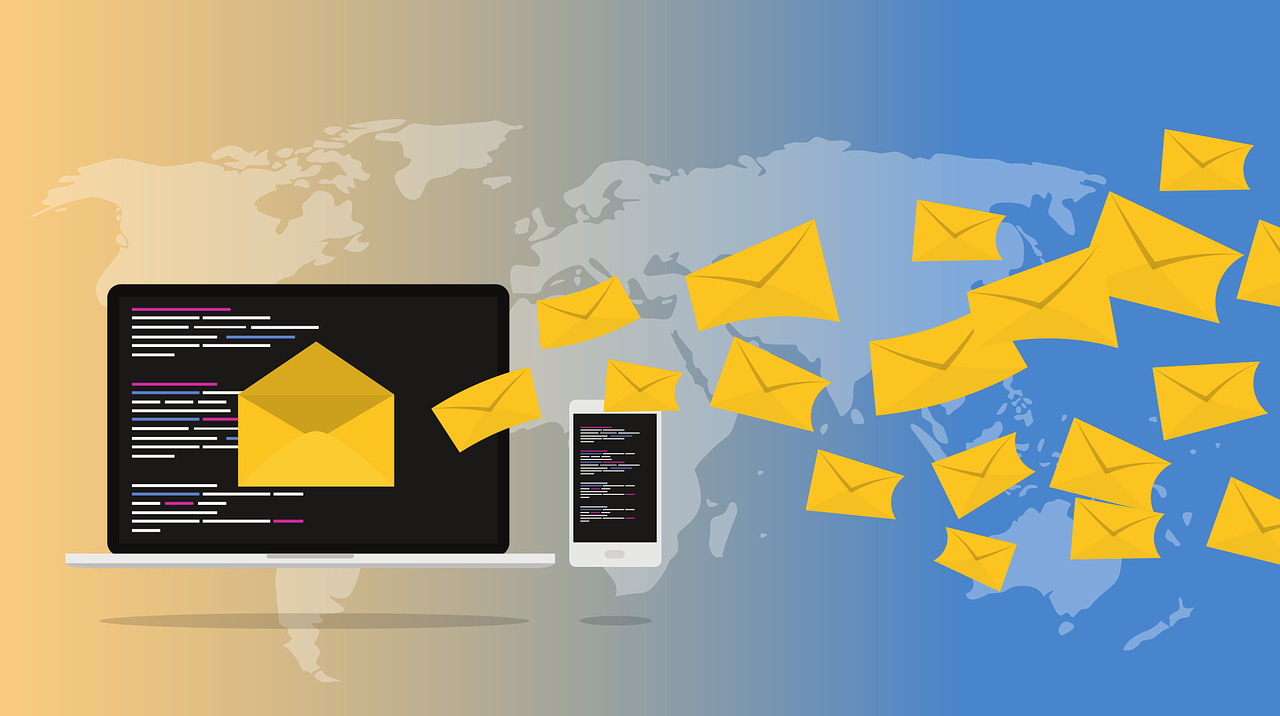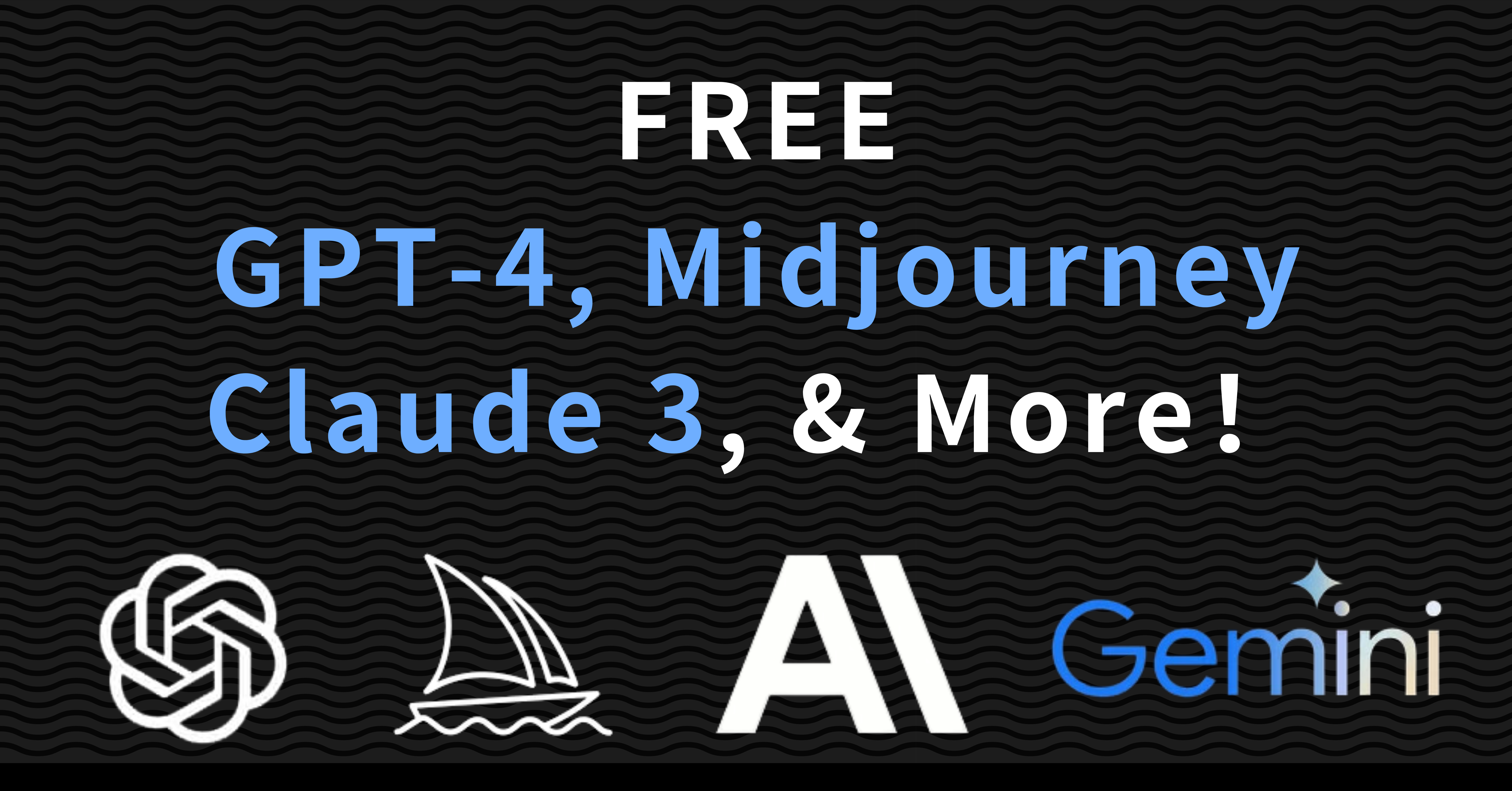Democratizing AI: Free Access to GPT-4 and the Rise of Community-Driven Innovation

Democratizing AI Through Open Access and Community Support
In the rapidly evolving world of artificial intelligence, accessibility remains a key driver of innovation and inclusivity. With platforms like OpenAI leading the charge with GPT-4, and initiatives such as GlobalGPT offering broader access, the landscape of AI is shifting towards greater openness. This article explores the current state of AI accessibility, focusing on the significance of free access to GPT-4, the role of open-source AI communities, and the utilization of public AI resources to foster a more inclusive environment.
Free Access to GPT-4: A Game Changer for AI Accessibility
Unveiling GPT-4’s Free Access Points
GPT-4, developed by OpenAI, represents a leap forward in AI capabilities, known for its advanced natural language processing and general intelligence. While access to such technologies often comes with a price, several avenues offer free access to GPT-4, democratizing its potential benefits. Educational programs, non-profit initiatives, and limited public trials provide opportunities for individuals and small teams to explore GPT-4’s capabilities without financial burden.
The Impact of Free Access on Innovation
Providing free access to a powerful tool like GPT-4 catalyzes innovation across various sectors, including education, healthcare, and entrepreneurship. Startups and researchers can prototype and test new ideas quickly and at low cost, while educators can use such technology to enhance learning experiences and engagement in classrooms.

Pay-as-You-Go:
Top Up from Just $1 Balance Never Expires
All-in-One: Access All Models in One Place
AI Total Data Privacy
Unlimited Usage Limitation
Accepts Fiat and Crypto Payments
The Role of GlobalGPT in Promoting AI Accessibility
GlobalGPT: Bridging the Gap Between Advanced AI and Users
GlobalGPT serves as a pivotal platform in making advanced AI models like GPT-4 more accessible to the general public. By integrating these models into a user-friendly interface, GlobalGPT allows users from all backgrounds to leverage the power of AI for a variety of applications, from content creation to complex problem-solving, without the need for deep technical knowledge or resources.
Enhancing Business and Personal Applications with AI
For businesses, the integration of AI can lead to significant enhancements in efficiency and innovation. GlobalGPT enables small to medium enterprises (SMEs) to harness the capabilities of GPT-4 for improving customer service, optimizing operational processes, and driving data-driven decision-making, making advanced AI an attainable asset for growth and competitiveness.
Leveraging Open-Source AI Communities and Public Resources
The Vital Role of Open-Source AI Communities
Open-source AI communities play a crucial role in AI accessibility by fostering collaboration and sharing of knowledge and resources. These communities contribute to the development of AI by creating and maintaining publicly available tools and libraries that anyone can use, modify, and distribute. They also provide a platform for learning, with experienced developers mentoring newcomers, thus expanding the AI talent pool.
Utilizing Public AI Resources for Broadened Access
Public AI resources, including datasets, software libraries, and educational materials, are invaluable for those looking to dive into AI without substantial investment. Universities, research institutions, and tech companies often release these resources to the public to stimulate innovation and provide real-world data for training and testing AI models.
Charting the Future of Inclusive AI Development
As AI technology continues to advance, the focus on accessibility and community support will play a pivotal role in shaping its trajectory. By expanding access to powerful AI tools like GPT-4 through platforms like GlobalGPT and supporting open-source efforts and public resources, the AI community is laying the groundwork for a future where AI benefits are shared widely and equitably across society.
See Also
Free Mastery of Claude 3 Opus: An In-Depth Manual
Free Access to GPT-4: A Detailed Tutorial
AI Empowerment: Unleashing the Potential of ChatGPT
